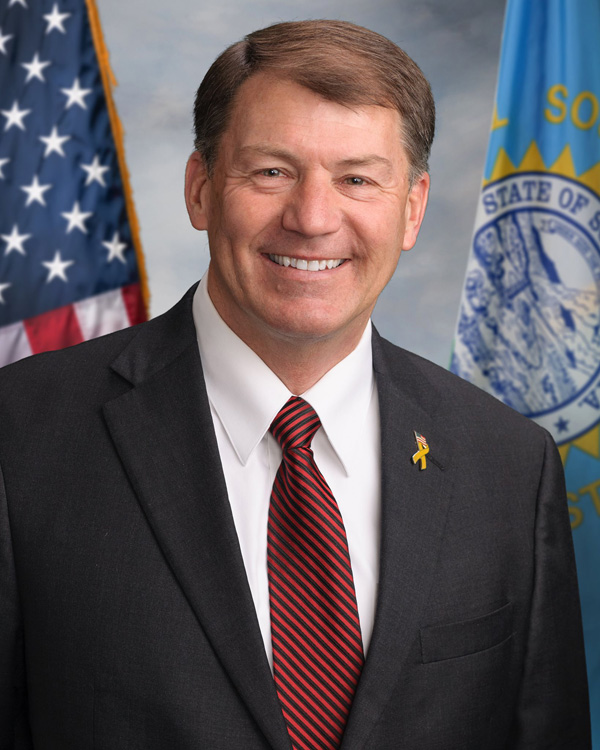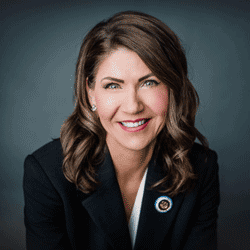

Thune Leads Colleagues in Reintroducing Bipartisan Legislation to Provide Certainty for the 340B Program
WASHINGTON — U.S. Sens. John Thune (R-S.D.), Debbie Stabenow (D-Mich.), Rob Portman (R-Ohio), Tammy Baldwin (D-Wis.), Shelley Moore Capito (R-W.V.), and Ben Cardin (D-Md.) today reintroduced legislation that would provide certaintyto hospitals participating in the 340B drug discount program during the COVID-19 public health emergency.
“The 340B program has been critical to South Dakota hospitals that are relying on the certainty it provides – especially during this ongoing health crisis,” said Thune. “This commonsense and targeted measure would ensure that no hospital that is currently participating in the 340B program can lose eligibility due to a reduction in hospitalizations during the pandemic. I urge my colleagues to support this important legislation as we continue to fight this health crisis.”
“This pandemic continues to cause instability in funding for Michigan hospitals and health care providers,” said Stabenow. “This bill will help lower prescription drug costs, create more certainty in funding, and ensure that those on the frontlines of this crisis have the resources they need to care for patients and save lives.”
“The 340B drug pricing program has been an important tool for Ohio’s hospitals throughout the years, providing them with the flexible resources needed to meet the ongoing needs of their communities without a penny from the federal government,” said Portman. “As the ongoing pandemic disrupts our health care system, we must ensure that programs like the 340B program can be there to support our hospitals and our communities. I’m proud to support this bill so that we can ensure that our hospitals can continue to use the program throughout and after the pandemic.”
“Our hospitals, health care workers, and the patients they serve need certainty during this ongoing COVID-19 pandemic and we must work together to limit disruptions to our health care system,” said Baldwin. “The 340B program has served Wisconsin well by helping to lower drug prices for hospitals and health clinics serving vulnerable communities that would otherwise not be able to afford prescription drugs. This bipartisan legislation has the support of leading Wisconsin hospitals and it has my support as well because it ensures that hospitals currently eligible for the 340B program have the certainty of being able to maintain eligibility throughout this pandemic. Let’s get this done so hospitals can continue providing lower cost health care services to those in need.”
“Our health care safety net providers are needed now more than ever during the coronavirus pandemic, and the 340B program is an essential tool for them to stretch limited resources,” said Capito. “I’m proud to join my colleagues in reintroducing this legislation that will go a long way in helping to ensure that bureaucratic hurdles do not put care in jeopardy.”
“The COVID-19 pandemic has ravaged our communities, especially low-income communities and communities of color,” said Cardin. “Extending eligibility to the 340B program is essential for these safety net providers to continue to serve these at-risk populations, especially during this public health crisis.”
“We thank Senators Thune, Stabenow, Portman, Baldwin, Capito and Cardin for their bipartisan leadership in protecting the health care safety net and 340B hospitals,” said Maureen Testoni, president and CEO of 340B Health. “Safety-net hospitals, both rural and urban, are on the front lines of America’s response to the challenges of COVID-19, providing life-saving care and delivering new COVID vaccines into the arms of people across the country. Some 340B hospitals have had to make major changes to the way they operate, and the resulting changes in patient mix could endanger their ability to access 340B savings. This legislation is a lifeline to these providers and the patients they serve.”
“The South Dakota Association of Healthcare Organizations (SDAHO) applauds Senator Thune and colleagues on the reintroduction of legislation to ensure hospitals do not lose 340B eligibility during the COVID-19 pandemic,” said Tim Rave,CEO of South Dakota Association of Healthcare Organizations. “SDAHO stands in support of efforts to protect the 340B program, which hospitals use to leverage scarce federal dollars for vulnerable patients, hospitals and in rural communities.”
The COVID-19 public health emergency resulted in many hospitals experiencing a reduction in inpatient hospital admissions of low-income Medicare and Medicaid patients, a critical metric in determining eligibility for the 340B program. Though hospitals have started resuming elective procedures, and patients have begun returning to seek care, there is concern that as a result of the pandemic slowdown, some hospitals may not meet the required inpatient admission threshold to remain in the program for the following year. This legislation would ensure that any previously participating hospital will be deemed eligible for any cost reporting period during which the public health emergency occurred.
###











